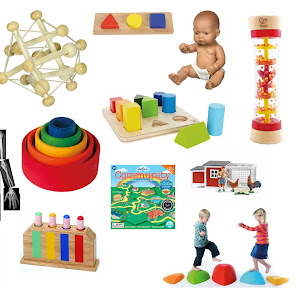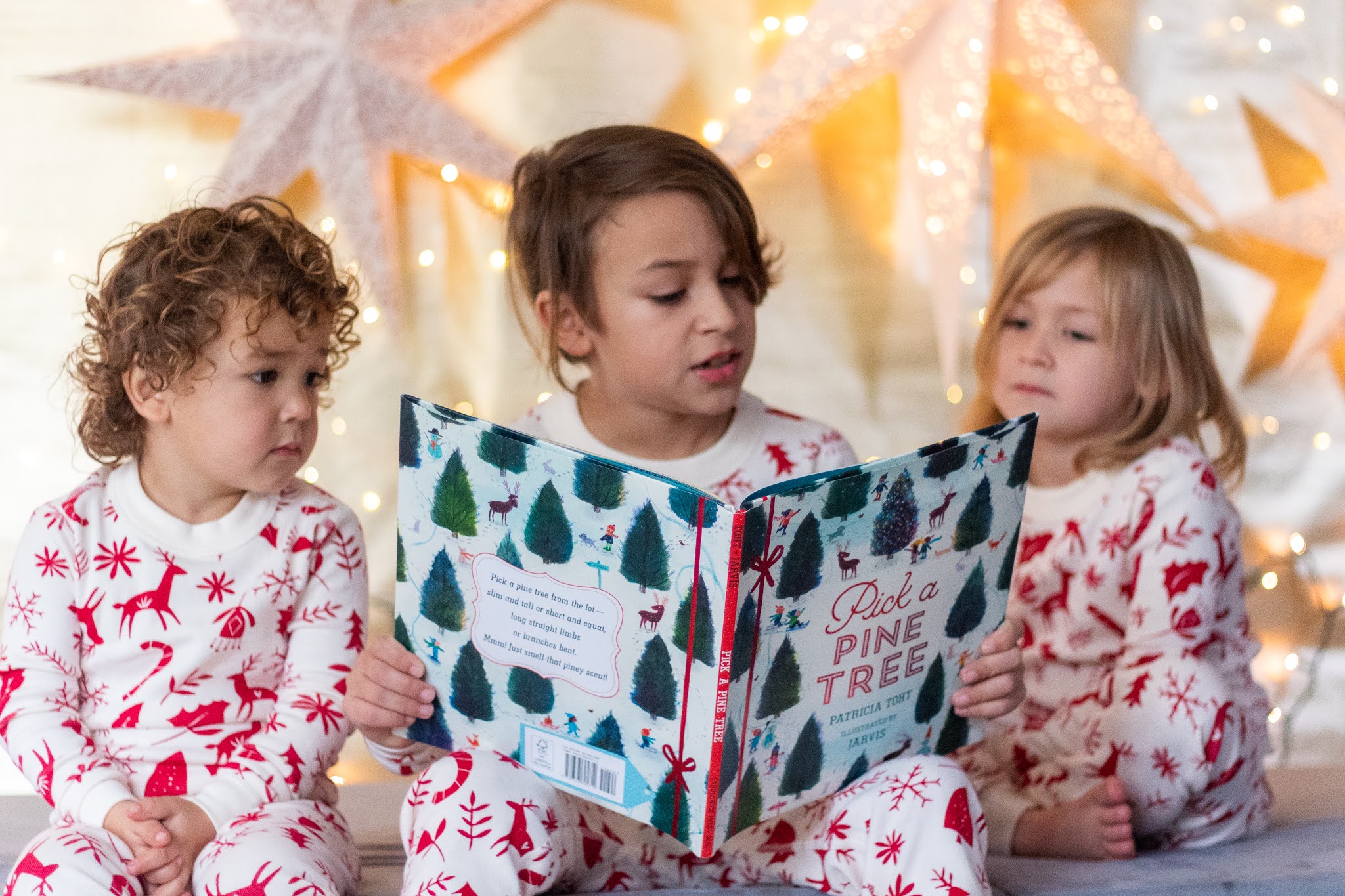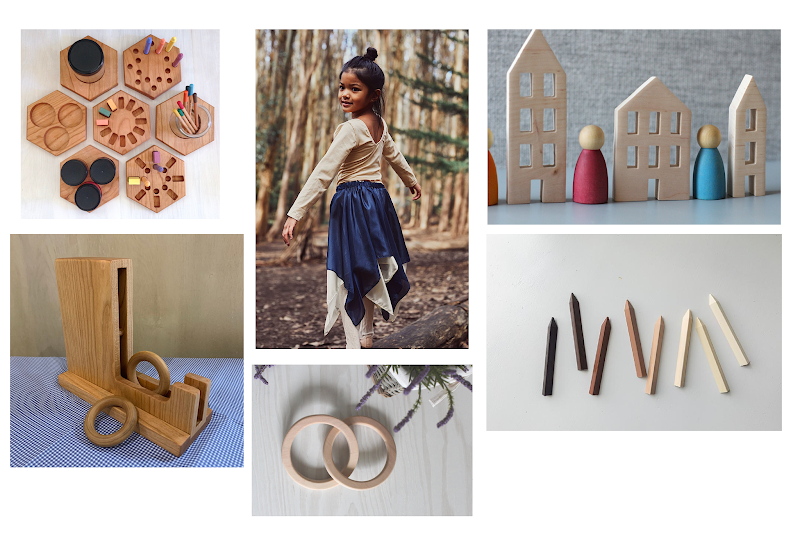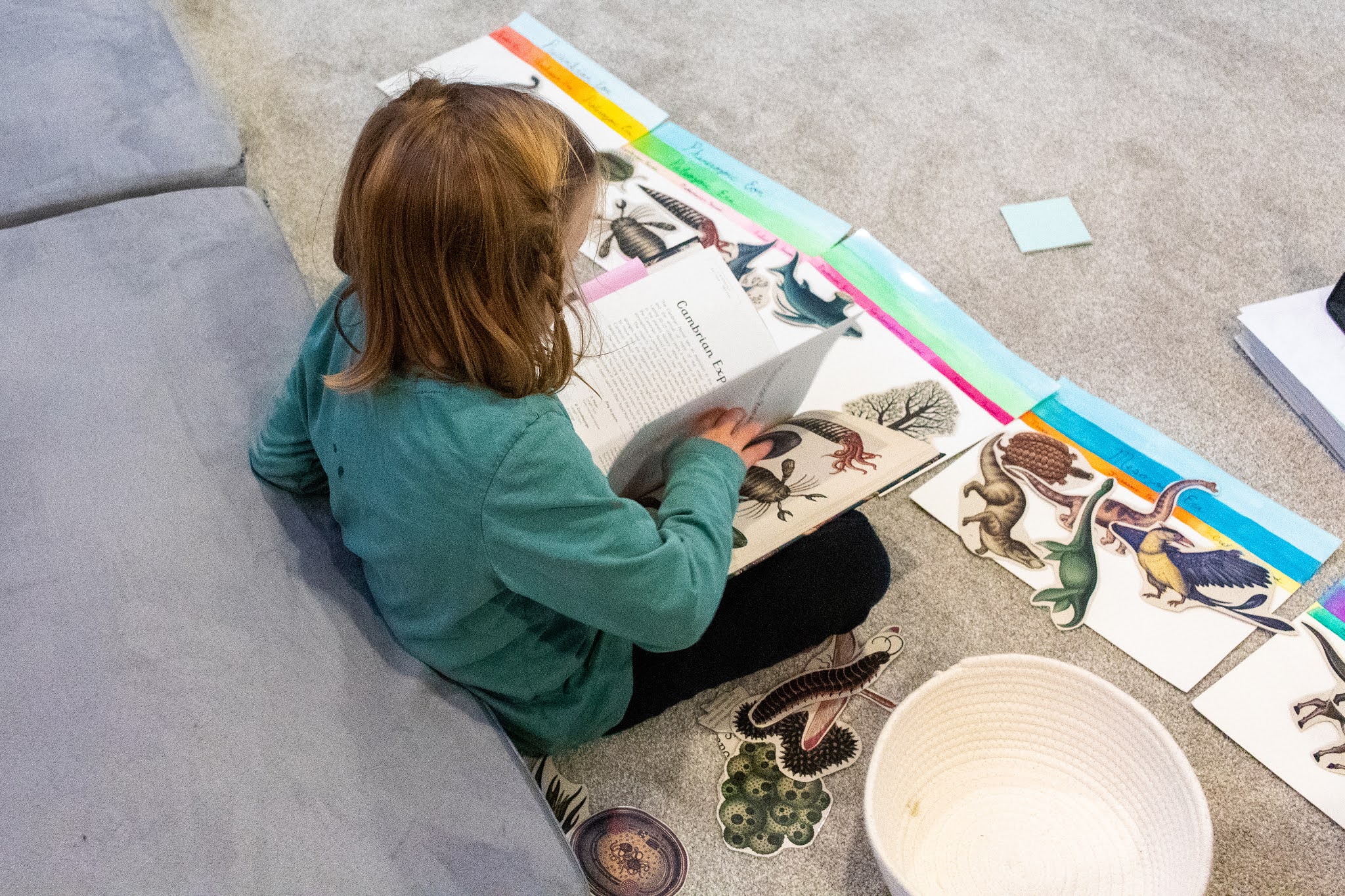Holiday celebrations look different for every family. As Montessori families we are looking for ways to include our children in our celebrations in active and meaningful ways. In today's episode, Nicole and Amy discuss their Christmas traditions and how they include their children in the celebrations. From secular to religious ideas, we discuss how we will celebrate this holiday season. This post contains affiliate links at no cost to you. Show Notes... Kite Paper Waldorf Paper Stars Our first stars Beeswax Candle Kit Saint Nicholas: The Real Story of the Christmas Legend Pick a Pine Tree An Advent Calendar Idea - A Book a Day Our Advent Box - Advent Ideas for Montessori Families The Easiest Toddler Christmas Tree Fontanini Nativity Celebrating Advent with Children - How we Use an Advent Spiral Shelf Help Ep. 31 - Our Approaches toward Santa Thanks for joining me for today's podcast! If you enjoyed this episode, please subscribe, share and leave a review in your ...















